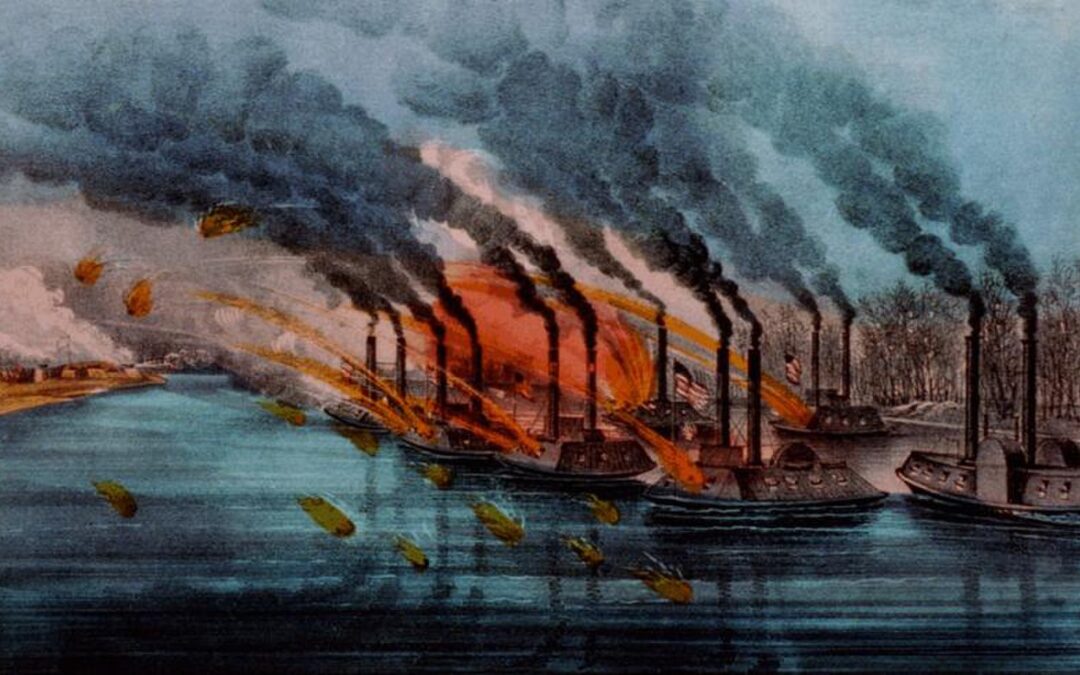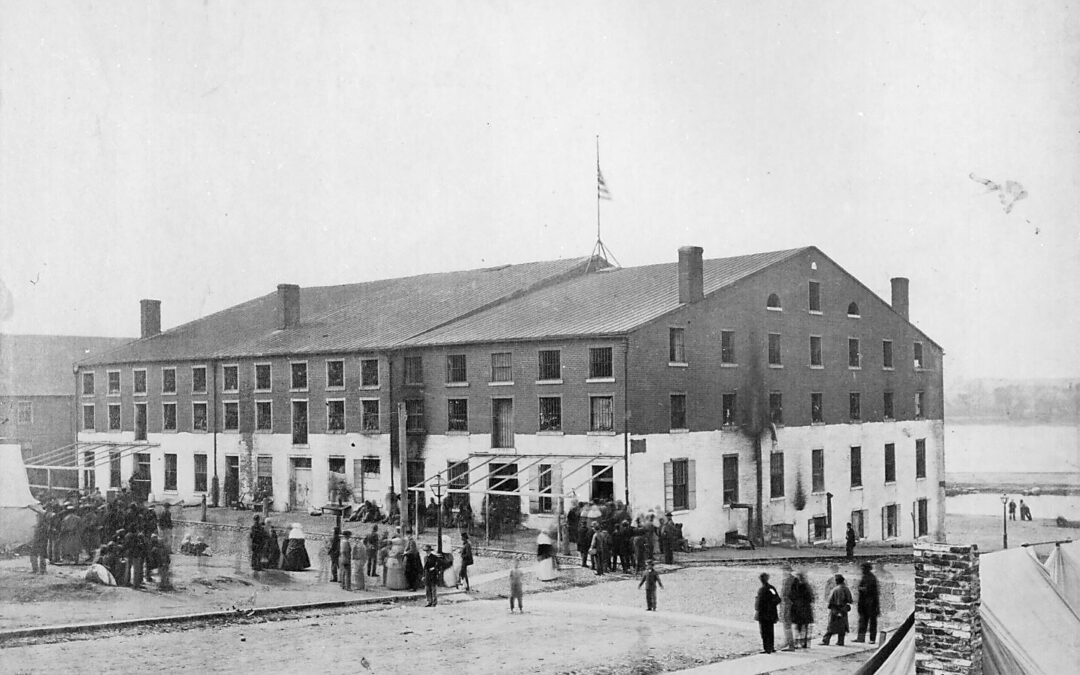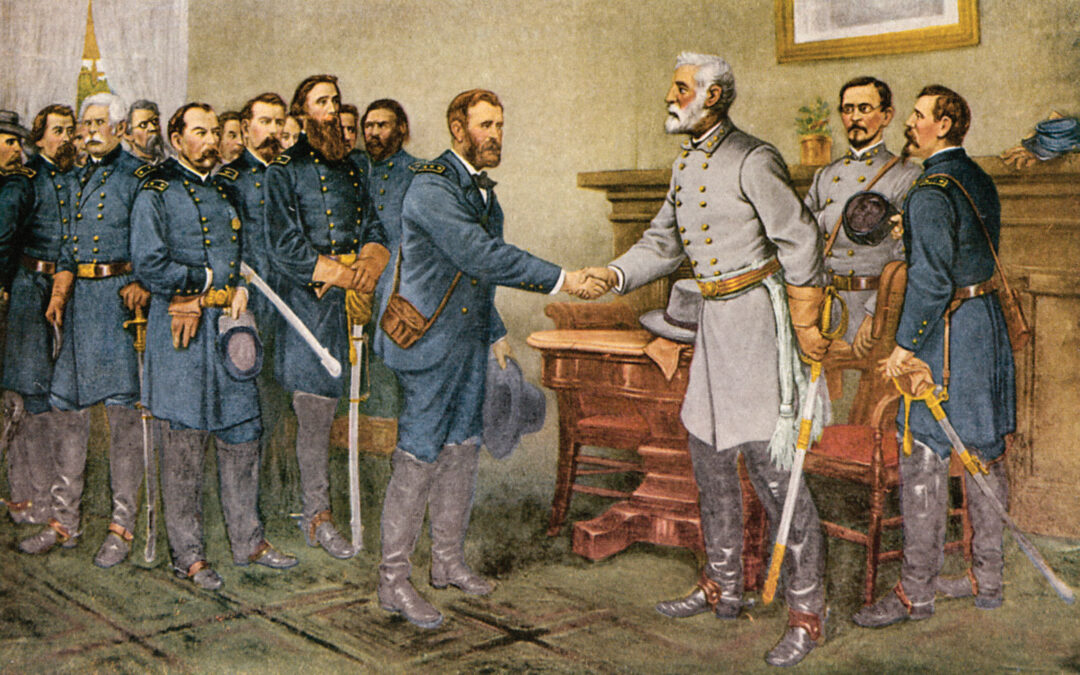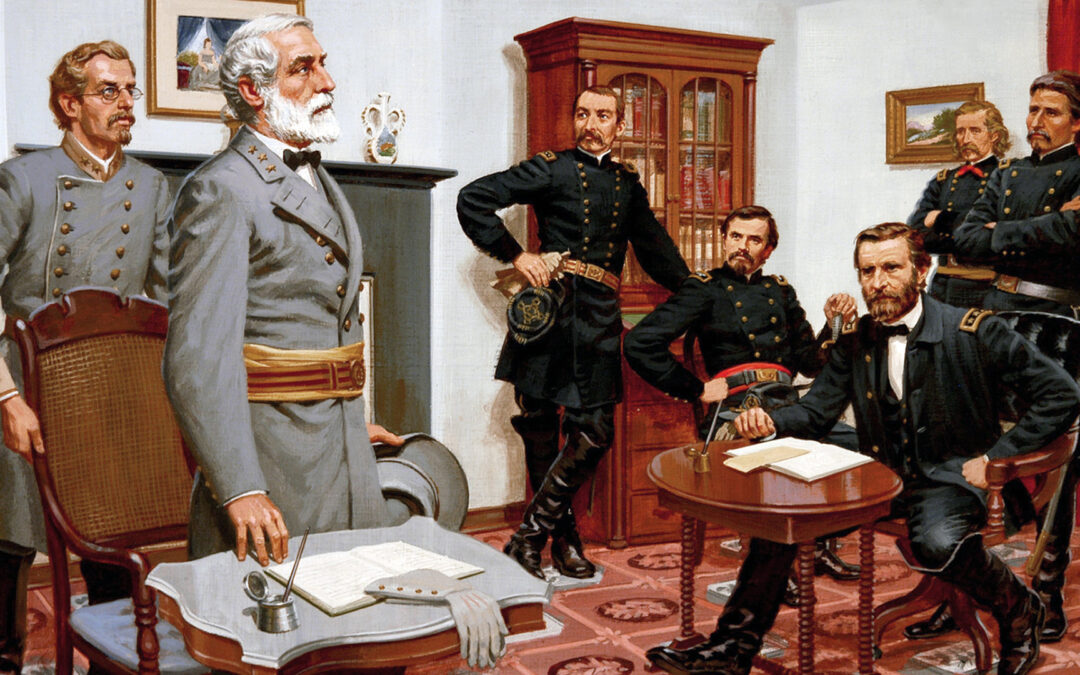The long-lost Medal of Honor belonging to the "Lion of Little Round Top" has been found. It awarded to then-Colonel (and later Maj. Gen.) Joshua Chamberlain, for his "distinguished gallantry" in leading the 20th Maine volunteers on the second day of the Battle of Gettysburg, came by mail to the Pejepscot Historical Society in Maine in July from a donor who wished to remain anonymous. The Location of Joshua Chamberlain's Original Medal of Honor Historians from the Smithsonian Institution, the Library of Congress, and the U.S. Army have since verified the authenticity of the Medal. "Though it seems almost too good to be true, we are confident that we are now in possession of Joshua Chamberlain's original Medal of Honor," said Pejepscot Historical Society Director Jennifer Blanchard. "All of the experts we've consulted believe it to be authentic, and we are tremendously honored to return the medal to Chamberlain's home" in Brunswick, Maine, which is now a museum open to the public,...







